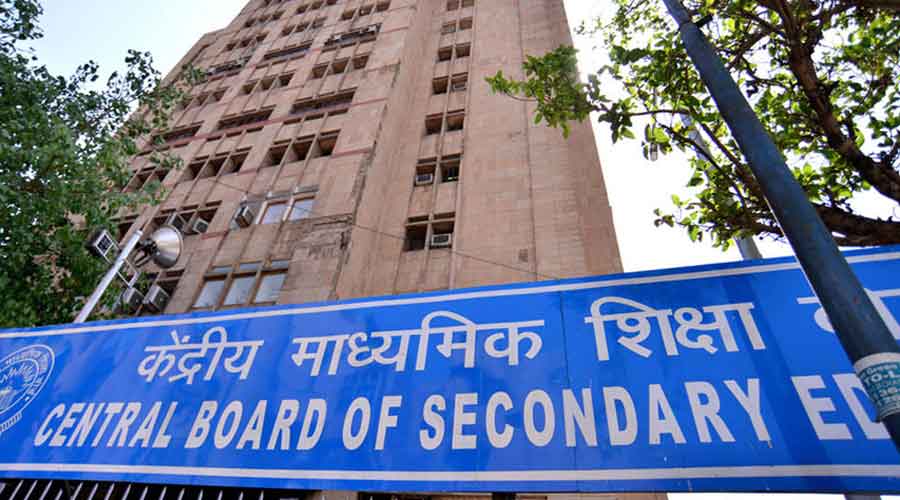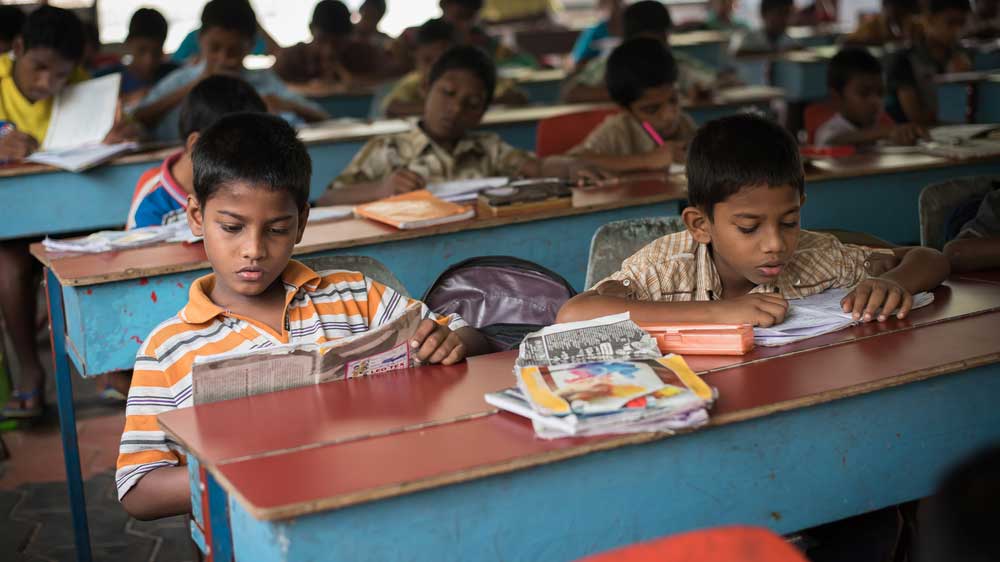The Centre has sought help from citizens to revive government and aided schools that lack teachers and basic infrastructure, a move some educationists have criticised as an abdication of official responsibility.
The education ministry’s revised Vidyanjali 2.0 scheme seeks volunteer teachers to offset vacancies, and public contributions towards books, equipment, infrastructure and repairs.
Prime Minister Narendra Modi had launched the Vidyanjali 2.0 programme in September. It remains little known despite Union school education secretary Anita Karwal writing the same month to bodies like the Central Board of Secondary Education, Navodaya Vidyalaya Samiti and the NCERT to popularise the scheme.
Under the programme, volunteers can help teach any academic subject, arts and craft, yoga or vocational skills. Members of the public can contribute or pay for civil, electrical or digital infrastructure, maintenance and repairs, office stationery, furniture, books, and equipment for extra-curricular activities.
The schools are to register on the Vidyanjali 2.0 portal and post what services, infrastructure and equipment they need the most. Any volunteer can contribute partially or fully towards the requirements.
Delhi University executive council member Ashok Agrawal said it was the government’s responsibility to provide basic rights like education and security, for which it collects cess and income tax.
Agrawal said: “The government is duty bound to provide education to all. Allowing members of the public to connect to schools individually will be counter-productive.”
“Mostly people with vested interests will volunteer. Some people will teach without any training, and quality will suffer even more.”
Prince Gajendra Babu, general secretary of the State Platform for Common Schooling System, a civil society watchdog in Tamil Nadu, said the school atmosphere is more dignified for a child when schooling is funded by public money and does not depend on private contribution.
“Education is aimed at empowering the public. When it is funded by the government, the objective of education as a fundamental right can be fulfilled. Opening the school system to a contributory model will weaken it,” he said.
Mitra Ranjan from the Right to Education Forum, an NGO, said Vidyanjali 2.0 was a step towards “informalisation” of the education system.
“It will further undermine the role of the schools, of regular and well-trained teachers, of the proper educational environment, and of the formal schooling system,” he said.
Ranjan said that nearly 11 lakh teaching posts were vacant in government schools in the states. Only 25.5 per cent of government schools are fully compliant in terms of facilities like classrooms, a playground, toilets and drinking water facilities, he added.












